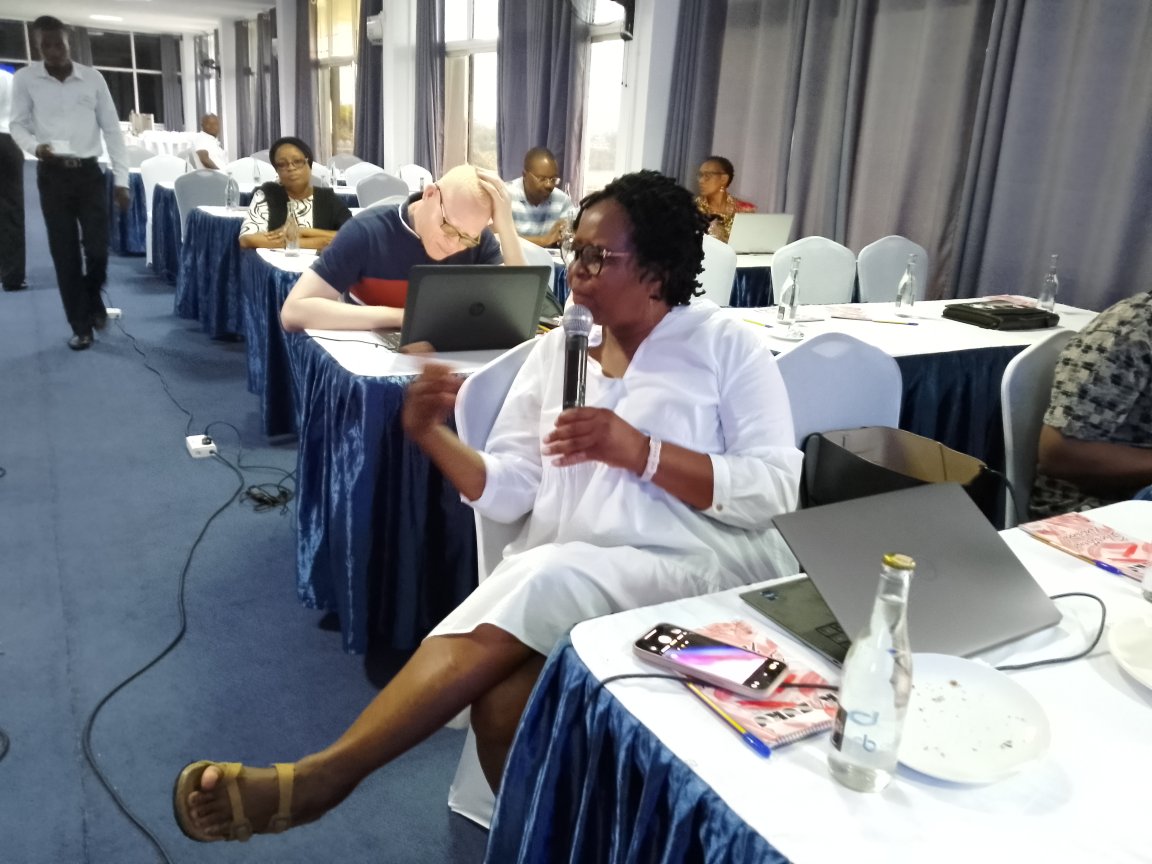|
Getting your Trinity Audio player ready…
|
MOMBASA, KENYA – The African Union Development Agency (AUDA-NEPAD) is convening a meeting towards leveraging collaborative alliances for the enhanced uptake of genome editing to drive Agricultural Innovation in Africa.
Addressing a gathering of experts today, who will moderate and facilitate the meeting that runs from the 16th to the 20th of October 2023 in Kenya’s port city of Mombasa, Mrs. Florence Nazare, the Head of Centres of Excellence Knowledge Management and Programme Evaluation Directorate alluded to the importance of the engagement on the important biotechnology in the transformation of agriculture and food systems on the African continent.
“The meeting is part of the Genome Editing(GEd) project that seeks to raise awareness and foster common understanding and support for the technology across Africa through communications and advocacy. It is recognized that genome editing tools hold great potential in transforming agriculture and food systems which can be enhanced through the development of collaboration and partnerships.
“The exercise brings together key actors drawn from within and outside the 8 countries that are part of the AUDA-NEPAD GEd pilot exercise. It entails sharing experiences, challenges, and needs, towards agreeing on common messages, approaches, and mechanisms to help create synergies across the genome editing ecosystem to enhance adoption and results. The exercise will also present an opportunity for key actors and partners to share results from past and ongoing GEd communication and advocacy initiatives to shape responses to the challenges of climate change, food security, and nutrition,” Mrs. Nzare said.
The participants for the meeting are drawn from the policy sector, research and development institutions, academia, public and private research organizations, non-profit organizations, and the agricultural biotechnology industry.
Among many others, there will be a panel discussion on the insights in biotechnology communication and advocacy. Participants are expected to share experiences in communicating agricultural biotech tools.
Stakeholders will also interrogate public perceptions when communicating genome editing. There will also be a roundtable discussion on the innovation ecosystem for genome editing that will be led by policymakers, research, and development practitioners.
The meeting will also discuss intellectual property (IP) and its relevance generally and to genome editing. There will also be a review of IP frameworks in Africa and the world in analysing whether they are accommodative of genome editing. There will be a focus on startups, and how partnership frameworks play a role in attracting investment in agriculture.
